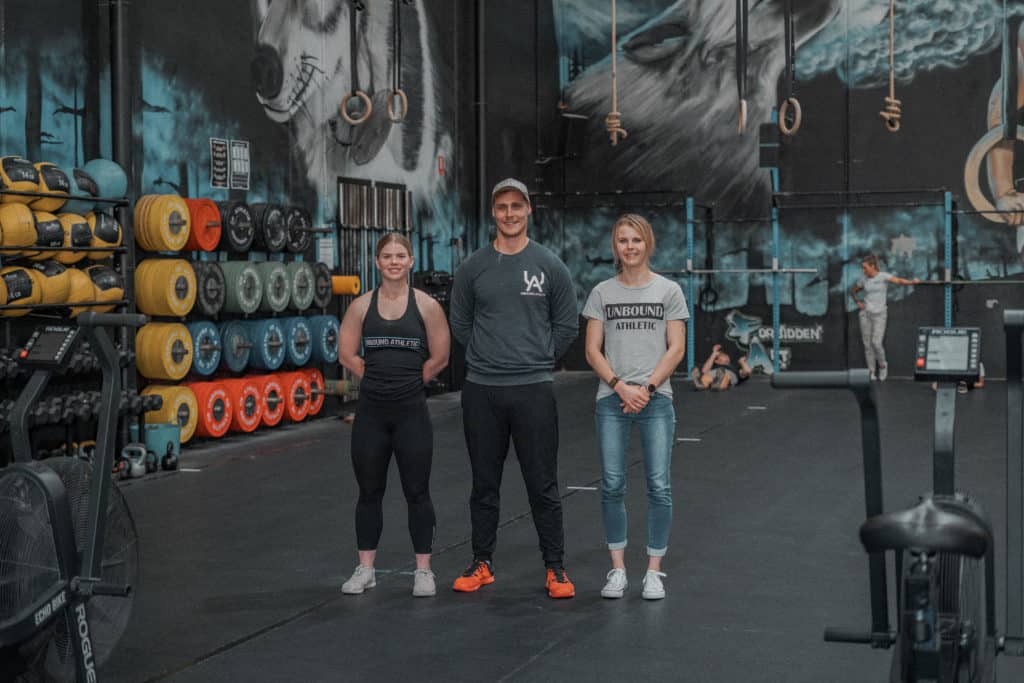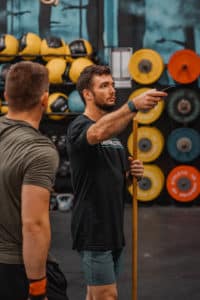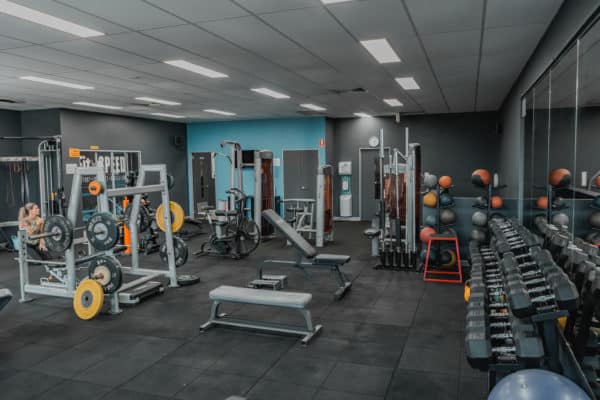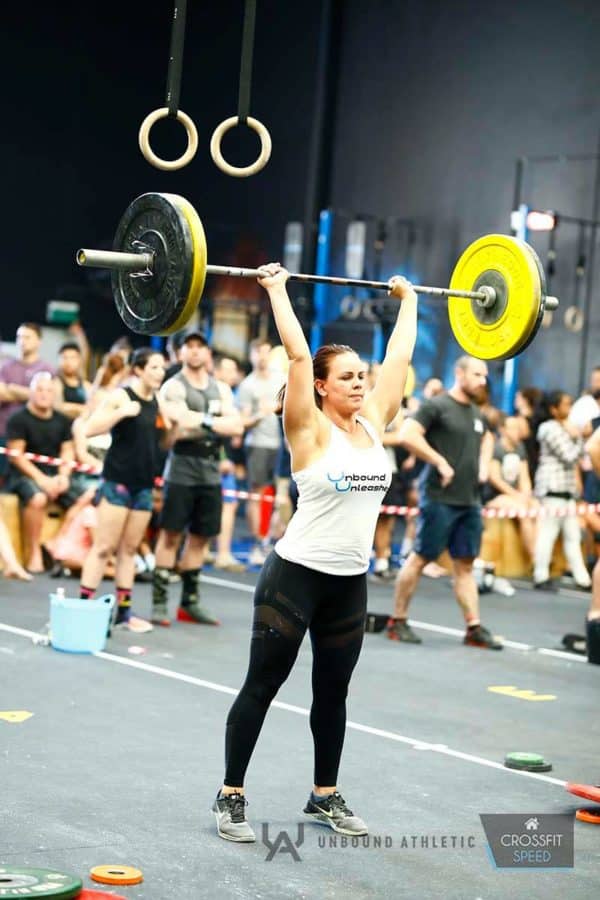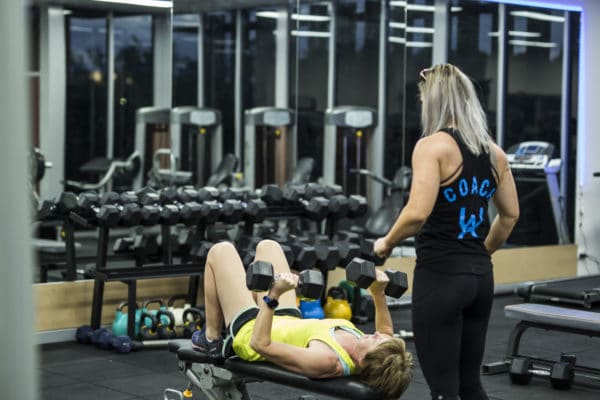We are sure you have heard over and over that there are many benefits of keeping active. Some of these include, reduced risk of chronic health conditions such as obesity, improved cognitive ability, and improved physical and mental health. Not to mention the social benefits including improved self-esteem, social interaction, and sense of belonging.
One of the most common ways of increasing our daily physical activity is through exercise, and within Australia, one of the most popular forms of exercise is through accessing gyms. However, is it really as simple as “just going to the gym”. Participation in exercise involves several physical, social, sensory/emotional, and cognitive skills, and forgetting anyone skill set might be setting us up for failure before we even begin. To help you identify what to look for in an exercise program and how to make the gym work for you, lets break down each factor.
Before we can access gyms on our own, whilst ensuring we remain safe, it is important that we understand how to perform each movement correctly (easier said than done). You may have attempted to perform different exercises in the past and found that it felt unnecessarily painful or may have even been concerned that you could cause injury. When accessing a gym, it is important that you feel confident in performing each exercise, or that you have confidence in the coach supporting you to learn this.
Whilst exercising within a gym there are opportunities to work out on your own. However, there will inevitably be times where we must interact with others.
This might come in the form of asking a coach for help, having to wait our turn to use a piece of equipment, to initiating or responding to a greeting from another gym member.
Depending on your motivations, this might even extend to joining in on classes and even making friends!
Finding the right gym environment that will support your confidence to engage socially with others will assist with improving your overall experience.
Sensory/emotional skills
Gyms can often be an overwhelming environment, with loud music, lots of (often smelly) people, mirrors on every wall and bright lights. This can be over stimulating for anyone.
Couple this with already feeling uncomfortable within a new environment with unfamiliar people and uncertain about what exercise will look like for you, this can lead to an initial negative experience. Having an understanding of our sensory needs, working with the right coach and communicating these needs to your coach can assist with this.
Working within the gym they will have control over the environment, for example the music, as well as will be able to communicate with you the best times to come e.g. in the middle of the day when the gym is less busy. Working with your coach you will be able work together to make the environment work for you.
We bet you have previously thought to yourself, “I should really exercise today” but then for some reason it just doesn’t seem to happen.
Although motivation is often seen as a big predictor of a person exercising or not exercising it does not end there. Once you have decided that you would like to go to the gym it then requires additional skills to make it happen.
You need to plan what time you will be going, how you will get there, what you need to take with you, how long will you be there for what exercises will you do, what do you have to get done before and after, the list goes on. When working with the right coach and communicating these concerns they will be able to assist you to develop healthy routines and habits within your day to support you in this area.
You don’t have to sign up to the very first gym or program you find, or to the coach who is the quickest to catch you as you walk through the door. Take your time, do your research and speak to a number of gyms to ensure they are going to be able to meet your needs and assist you to achieve your individual goals.
- Be honest with your coach.
Honest communication with your coach about your current skills, needs and concerns will assist your coach to develop a plan that is specific to you and your individual needs. This may include communicating your sensory needs allowing your coach to assist in setting the environment up for your, communicating your concerns about the difficulty you might experience performing some of the movements.
- Start small.
Joining a gym does not mean that you have to attend seven days a week for the next twelve months. Starting off with small, manageable steps will be crucial for ongoing success (even if this looks like turning up for a five-minute session one day a week, for the first five weeks!). Any progress, no matter how small is better than none!
- Build small habits.
Work with your coach to begin to build small, healthy habits. This might include ensuring you pack your gym bag the night before so that there is one less thing you have to think about in the morning.
- Be kind to yourself!
Sometimes even our best laid plans do not work out. It is important to understand that, that is ok. If you miss a session, it does not mean that all your progress is now gone, and you need to start again. There is always tomorrow, and your coach will be there to support you through any setbacks.
- Have fun!
Finally, find something that you enjoy doing with people you enjoy doing it with. Exercise will be much easier to sustain long-term if you are having fun!
Contact our friendly team at Unbound Athletic or look at our programs to find out more.
Have you seen our other blogs?
MINDSET – How Can We Change Our Mindset Approaching Fitness
Mindset Around Fitness & Training Mindset becomes reality so lets...
Read More5 Benefits Of Personal Training
Benefits Of Personal Training? 5 Major Benefits Of Personal Training...
Read MoreThe Benefits of Individual Coaching and Program Design
Benefits Of Individual Coaching? Thinking of Hiring a Coach? Turn...
Read More
